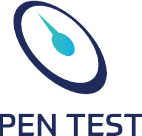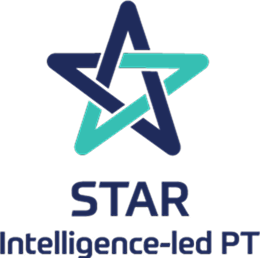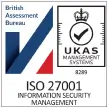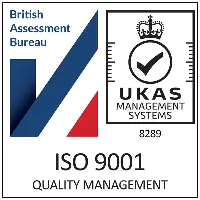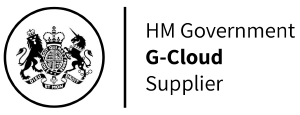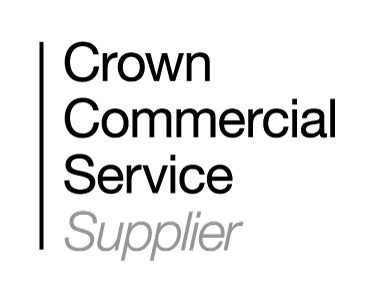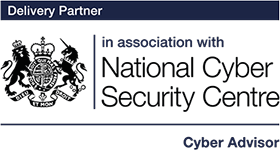ISO 42001:2023 Certification for Ethical AI Governance
Get ISO 42001:2023 certified to ensure responsible AI use. Boost trust, manage risk, and align with EU AI Act for secure, ethical AI deployment.
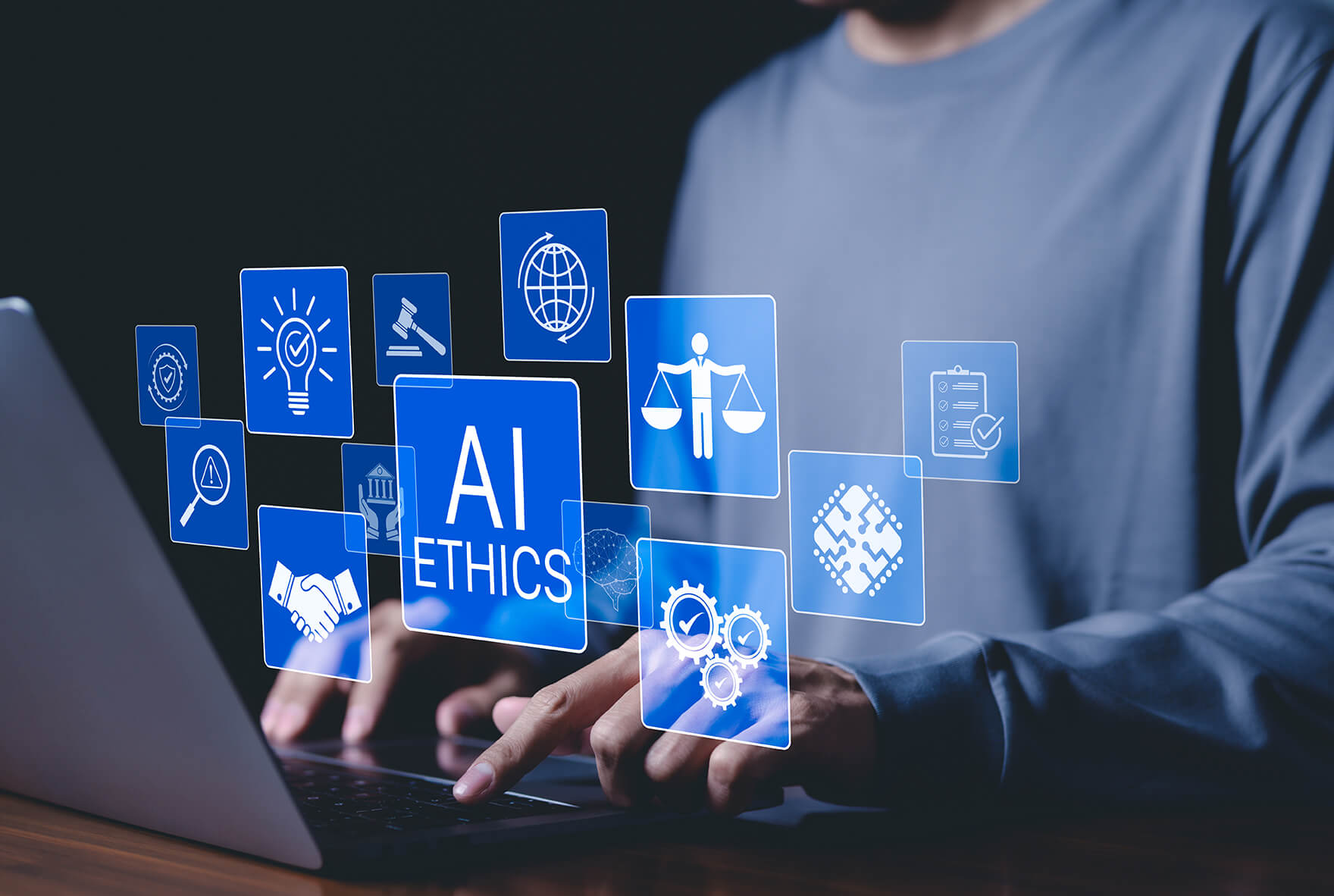
What is ISO/IEC 42001:2023 and why does it matter?
It’s no secret that Artificial Intelligence (AI) is playing an increasingly significant role in businesses and daily life. However, its rapid adoption brings concerns of security, ethics, accuracy and governance. ISO 42001 is the world’s first AI-specific management system standard, designed to help organisations implement AI responsibly and effectively.
The ISO standard was published in December 2023 and it provides a structured framework for managing AI systems. It takes a risk-based approach to ensure that AI systems align with an organisation’s objectives, comply with applicable laws and regulations, and minimise risks related to bias, transparency, and accountability.
Share this Article
Key clauses and annexes of ISO/IEC 42001:2023
ISO 42001 takes a risk-based approach and structure like other ISO standards and covers:
- Leadership
- Planning
- Support
- Operations
- Performance Evaluation
- Improvement
with a focus on AI governance.
Under the Annex A, it provides a list of controls, used to manage AI risks and ensure responsible deployment of AI systems. Under Annex B, it explains how to implement these controls, giving organisations the flexibility to adapt them based on their specific needs. Annex C outlines key objectives and principles for AI governance, helping organisations align their AI systems with ethical and regulatory expectations, while Annex D provides additional guidance.
Benefits of ISO 42001 certification for organisations
Certification for ISO 42001 can offer organisations a range of benefits:
- Trust and Credibility Currently, there is significant scepticism around AI, and ISO 42001 certification suggests that an organisation adheres to responsible and trustworthy AI practices. The system is audited by a third party. Overall, it reassures customers, regulators and stakeholders AI system is ethical, transparent, and secure.
- Future Proof AI strategy As the AI landscape is changing continuously with unprecedented speed the ISO standard provides a strong foundation for adapting to new regulatory and industrial requirements. By promoting AI principles like transparency, fairness, accuracy, and risk management, ISO 42001 guides organisations to build AI systems that are sustainable and beneficial for society in the long term.
- Regulatory Compliance ISO 42001 emphasises compliance with applicable laws like EU’s Artificial Intelligence Act. By aligning with ISO 42001, organisations can stay ahead of legal requirements.
- Risk and Bias Management Compliance with ISO 42001 showcases that an organisation has mechanisms to identify and address the risk and bias in the AI system. By following structured approach suggested under ISO standard, businesses can avoid reputational damage and legal challenges.
- Enhanced Business Opportunities In the future we can expect organisations, governments and customers to prefer working with ISO certified AI systems. With the certification providing a competitive edge to organisations across the globe.
Common AI adoption use cases across industries
AI adoption by businesses vary widely across industries depending on the organisation’s readiness, technological needs, and regulatory requirements. AI is used by some organisations for AI-driven automation, which helps streamline repetitive tasks and increase efficiency. Another popular use is AI-assisted decision making, where AI systems provide data-driven insights to support human decisions. This is popular for risk assessment in the banking sector, fraud detection and predictive analysis. Some organisations are adopting AI in autonomous systems such as robots that operate with minimal human intervention like self-driven cars, drones, and smart manufacturing systems. Other uses of AI seen across industries is for customer engagement, research and development, predictive analysis, risk management, compliance and governance, etc.
Who should consider ISO/IEC 42001:2023 Certification?
Technology and Software Development Companies: Companies providing AI solutions or developing AI systems for other organisations can showcase compliance with best practices for AI development and deployment with this certification. This can help them with enhancing customer trust.
Financial Institutions: We have witnessed a high adoption of AI systems in financial sector for fraud detection, credit scoring, and algorithmic trading. The use of AI by financial institutions, such as banks and insurance companies, can significantly impact the fundamental aspects of human life. ISO 42001 certification can help financial institutions showcase ISO compliant bias and accuracy mechanisms.
Healthcare and Pharmaceuticals: Another area that can significantly impact human life is Healthcare and Pharmaceuticals. In this sector, AI is used in diagnostics, treatment recommendations, and drug discovery. It processes sensitive information of individuals and demands compliance with personal data protection, patient safety, and medical ethics. ISO 42001 can be beneficial for them to demonstrate appropriate controls for data protection and ethical use of data.
Other areas that can benefit from ISO 42001 are government and public sectors, manufacturing, retail and e-commerce, academia, legal, etc.
Does ISO/IEC 42001:2003 help with EU AI Act compliance?
Certification with ISO 42001 can aid organisations in complying with the EU AI Act. ISO 42001 helps businesses ensure responsible and ethical AI development, deployment, and governance. Similarly, EU’s AI Act establishes legal requirements for AI systems based on their risk levels. ISO 42001 and EU’s AI Act have complementary structures. Adoption of ISO/IEC 42001: 2023 can help organisations streamline compliance, reduce risks, and ensure their AI systems align with the EU’s regulatory standards.
The EU AI Act requires providers to implement risk management systems to identify and mitigate risks, ISO 42001 provides a comprehensive framework for implementing AI management systems. EU AI legislation mandates robust data governance structures to ensure data quality, security and privacy and ISO standard provides detailed guidance for implementing data governance frameworks. In addition, both frameworks focus on transparency, human oversight, and issues related to bias and prediction accuracy.
Compliance services and consultancy
Get expert advice to help comply with regulations, achieve compliance and meet industry standards.
Get a quoteRelated resources
Trusted cyber security & compliance services from a certified provider
Get a quote today
If you are interested in our services, get a free, no obligation quote today by filling out the form below.
